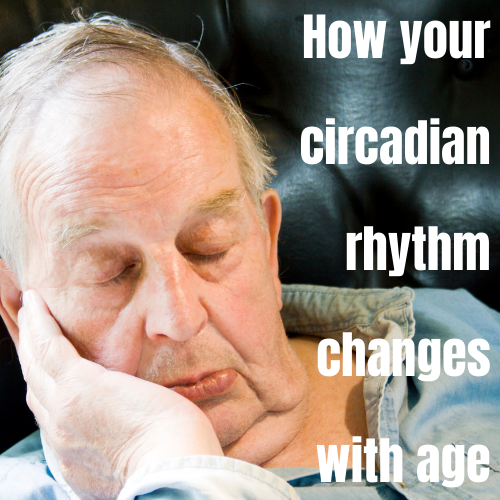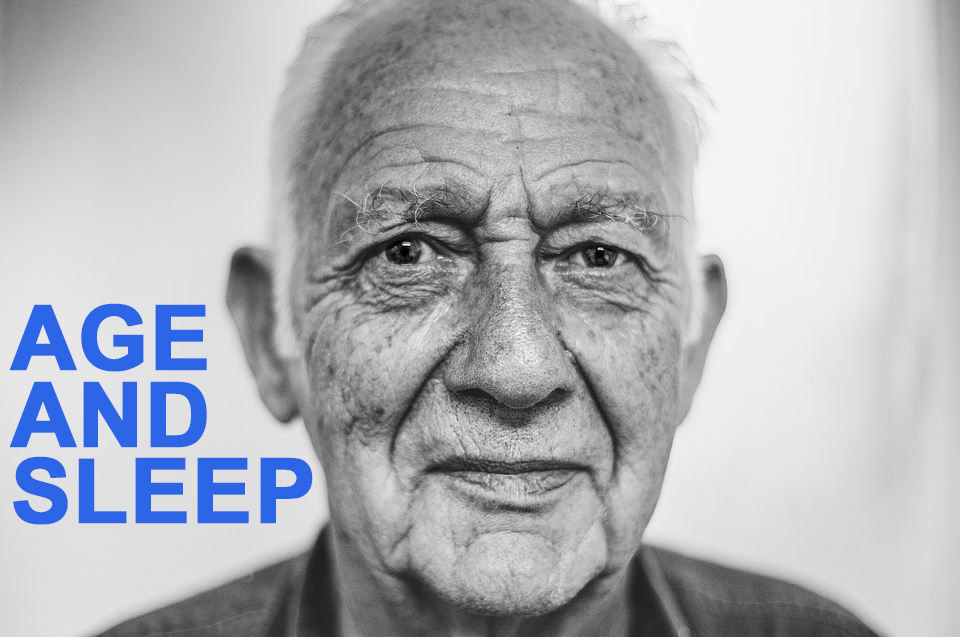Our circadian rhythm is our internal clock that helps our bodies regulate a pattern of sleep and wakefulness. It is in charge of the normal time frame that you get sleepy and wake up from your slumber. However, as we age, our circadian rhythm may change, and we may experience disrupted sleep. Keep reading to find out why, and what you can do to better manage your internal clock.
Age and Changes in Sleep: What Normal and What's Not
Posted by
Tyler Britton on Feb 27, 2019 10:04:38 PM
How Sleep Changes as We Age
Changes in your sleep patterns are a normal part of aging. In general, people tend to have less satisfactory sleep and more sleep disruptions than when they were younger. Problems can include both falling asleep and staying asleep. As a result, an extremely common misconception about sleep is that we need less sleep as we get older, simply because older individuals are able to function daily with less sleep.In actuality, the need for sleep remains constant throughout life. If nighttime sleep becomes more challenging, then the remaining sleep needs must be made up during other parts of the day. This may be why the need or desire for naps increases with age. Another sleep-related change may be early rising and early bedtimes, making it more challenging to stay asleep or stay awake as long as you would like.
0 Comments Click here to read/write comments
Topics:
Aging and Sleep


